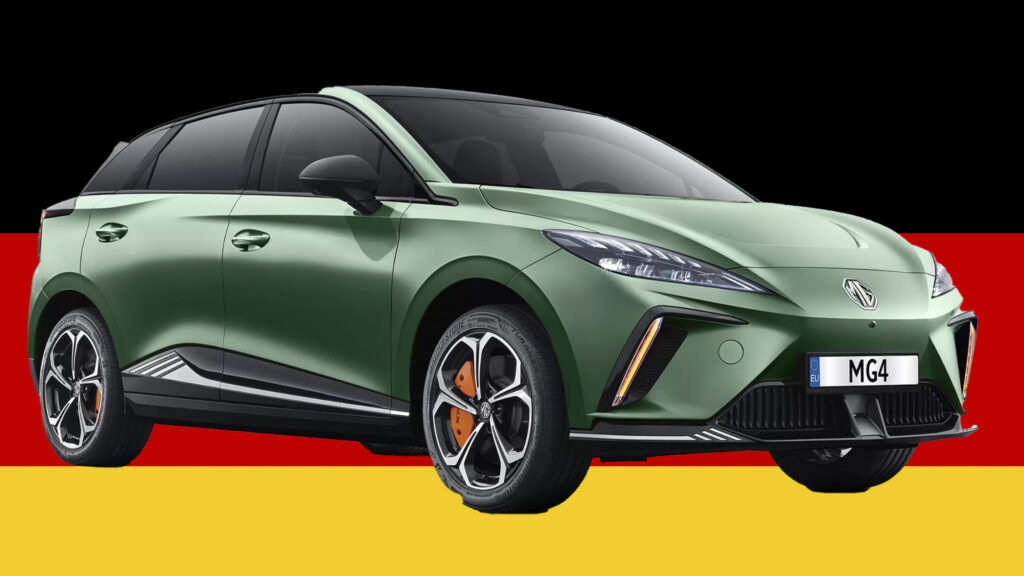- Germany wants to soften the blow of tariffs that have been proposed by the EU.
- German Economy Minister Robert Habeck will travel to China next week for talks.
- European automakers stand to lose out if China enacts retaliatory measures.
While the EU has revealed new tariffs that will lump up to 38.1% on Chinese battery electric vehicle (BEV) imports, officials in Germany are working on ways to ensure that the proposals don’t actually come into effect.
Last week, the European Commission announced a manufacturer-dependent tariff structure following its investigations into how much financial aid each Chinese automaker received from its government. SAIC, which owns MG, was hit with the maximum 38.1 percent levy, while brands like Geely and BYD will be let off with 20 and 17.4 percent, respectively.
Read: EU To Apply Up To 38% Tariffs On Chinese Cars, Tesla Gets Special Treatment
However, Bloomberg reports that confidential talks between officials in Berlin, the EU, and China may yield a compromise before the proposed tariffs take effect, with a deadline of July 4. This optimism stems from the belief that both the EU and China can find common ground, provided there is willingness from both sides to make concessions.
While many European automakers have expressed concern about the threat of cheap Chinese ICE and electric vehicles, most automakers are not in favor of the EU’s proposals. Germany’s car industry stands to lose out if China were to impose its own reactionary trade measures, with China’s Chamber of Commerce to the EU previously stating it would be prepared to apply 25 percent levies on imported cars with big engines.

German Economy Minister Robert Habeck has expressed a strong desire to de-escalate the situation. He views the current moment as an opportunity to negotiate a resolution that could prevent a cycle of retaliatory tariffs. Habeck, who is set to travel to China next week for discussions with Chinese officials, has previously argued that any decision on tariffs should be made by politicians, not automatically enforced.
“The talks with China are being conducted by the European Commission, which also announced these talks,” the German economy ministry said in response to inquiries from Bloomberg. “As usual, the government is in close contact with the European Commission.”





